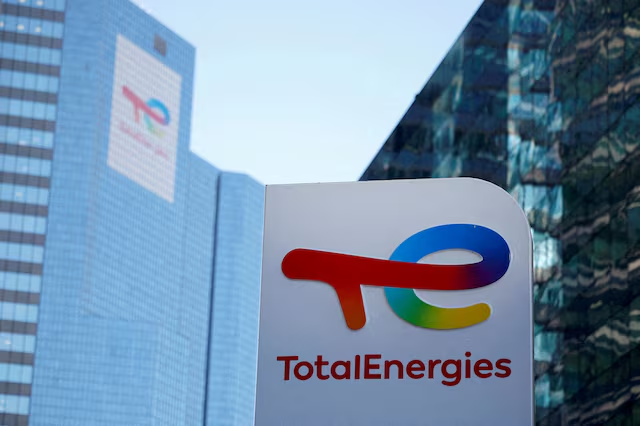TotalEnergies has exited Nigeria’s onshore market after selling its minority share to Mauritius-based Chappal Energies in a major Nigerian onshore oil joint venture, becoming the most recent foreign oil firm that has exited the country’s onshore market after decades of operation.
This was made known Wednesday, by the French energy group, which disclosed that it sold its minority stake for $860 million and that subject to regulatory clearances, the acquisition is anticipated to be completed in the fourth quarter of the year.
According to Patrick Pouyanne, Chief Executive Officer, CEO, of TotalEnergies who gave a hint about the group’s plan earlier in February, the company decided to give up its 10% stake in the Shell Petroleum Development Company of Nigeria Limited (SPDC), following prolonged complications the company had to struggle with – a malaise it attributed to hundreds of oil spills that resulted from theft, sabotage and operational issues.
According to Pouyanne, these issues cost the company outrageous sums as it recorded very high expenses on rehabilitation and high-profile lawsuits that arose thereof. However, three more licenses generate mostly gas and presently contribute 40% of TotalEnergies’ Nigeria LNG production.
Recall that in 2022, Shell was ordered by a Dutch court to pay 15 million euros ($15.9 million) as compensation to communities in Nigeria that were affected by multiple oil pipeline leaks in the Niger Delta.
According to reports, the compensation was the result of a Dutch court case brought by Friends of the Earth, a global network of grassroots groups that fight for environmental justice and a healthy planet in which Shell’s Nigerian subsidiary SPDC was found to be responsible for the oil spills and was ordered to pay for damages to farmers in that were impacted by four oil spills in the communities of Oruma, Goi and Ikot Ada Udo in Nigeria, between 2004 and 2007.
In a statement, the French company revealed that, although it sold the participation stake in the gas licenses to the Mauritian company, the share of production will remain in Total’s portfolio, including access to the associated infrastructure and pipelines to supply the Nigeria LNG plant with gas.
President of exploration and production at TotalEnergies, Nicolas Terraz, said the exit was to avail the company the ease of maintaining a focus and optimizing its operations for a more profound impact.
He said, “This divestment…allows us to focus our onshore Nigeria presence solely on the integrated gas value chain and is designed to ensure the continuity of feed gas supply to Nigeria LNG in the future.”
Recall that in 2023, TotalEnergies reportedly produced a total of 219,000 barrels of oil equivalent per day in Nigeria and underlined that it will continue to invest in Nigeria by unveiling a $6 billion (5.5 billion euros) plan to be stretched over several years in the oil and energy sector of the nation, with a particular focus on gas and offshore projects.
The group has also put in the records, eight to ten percent of its global production and more than eighteen percent of its global investment coming from Nigeria.
The other partners in this joint venture include the state-owned Nigerian National Petroleum Corporation (NNPC) with a 55% stake and Italy’s Eni holding 5%.
Exxon Mobil, Eni, and Equinor have also divested assets in Nigeria in recent years to redirect their focus towards newer and more lucrative operations elsewhere.




